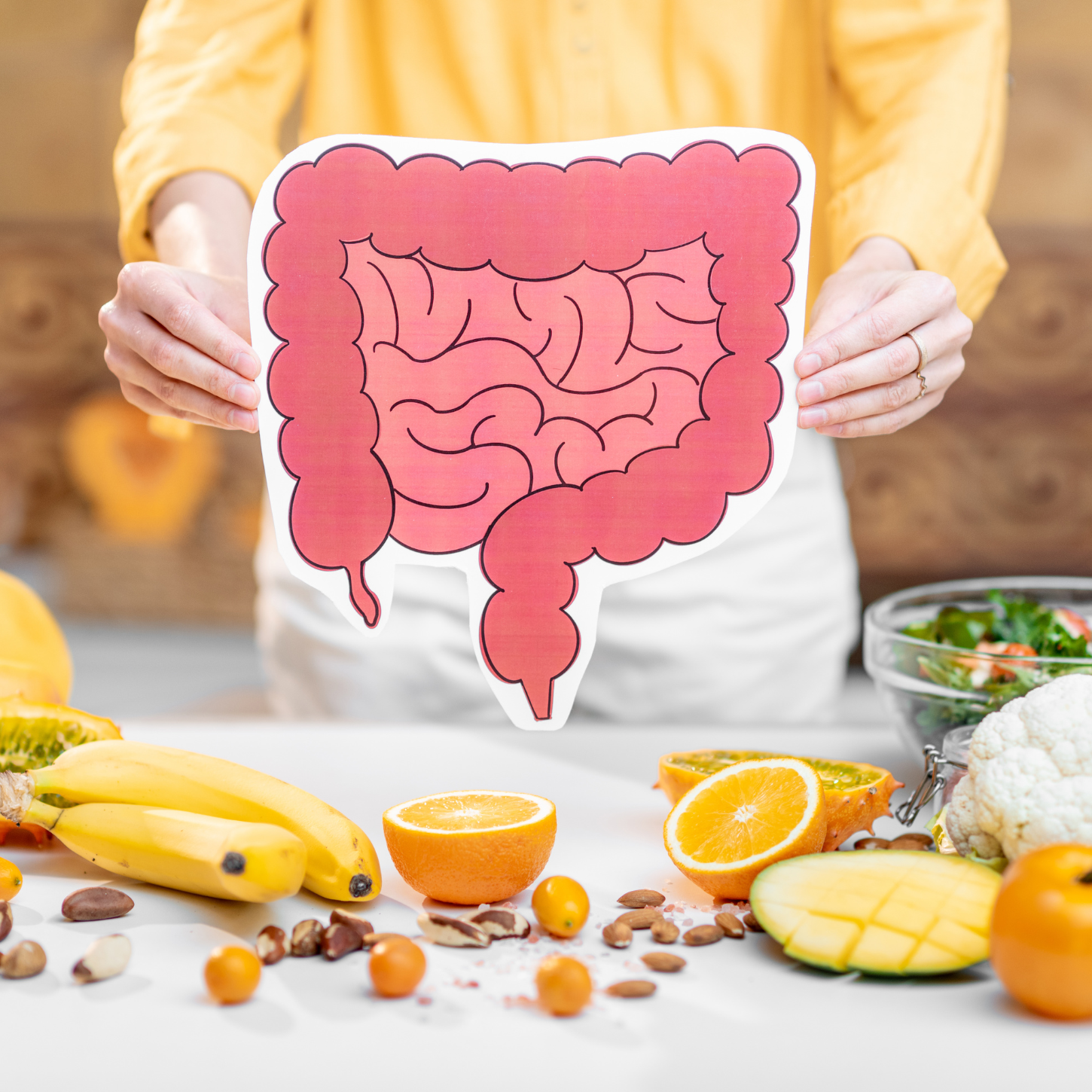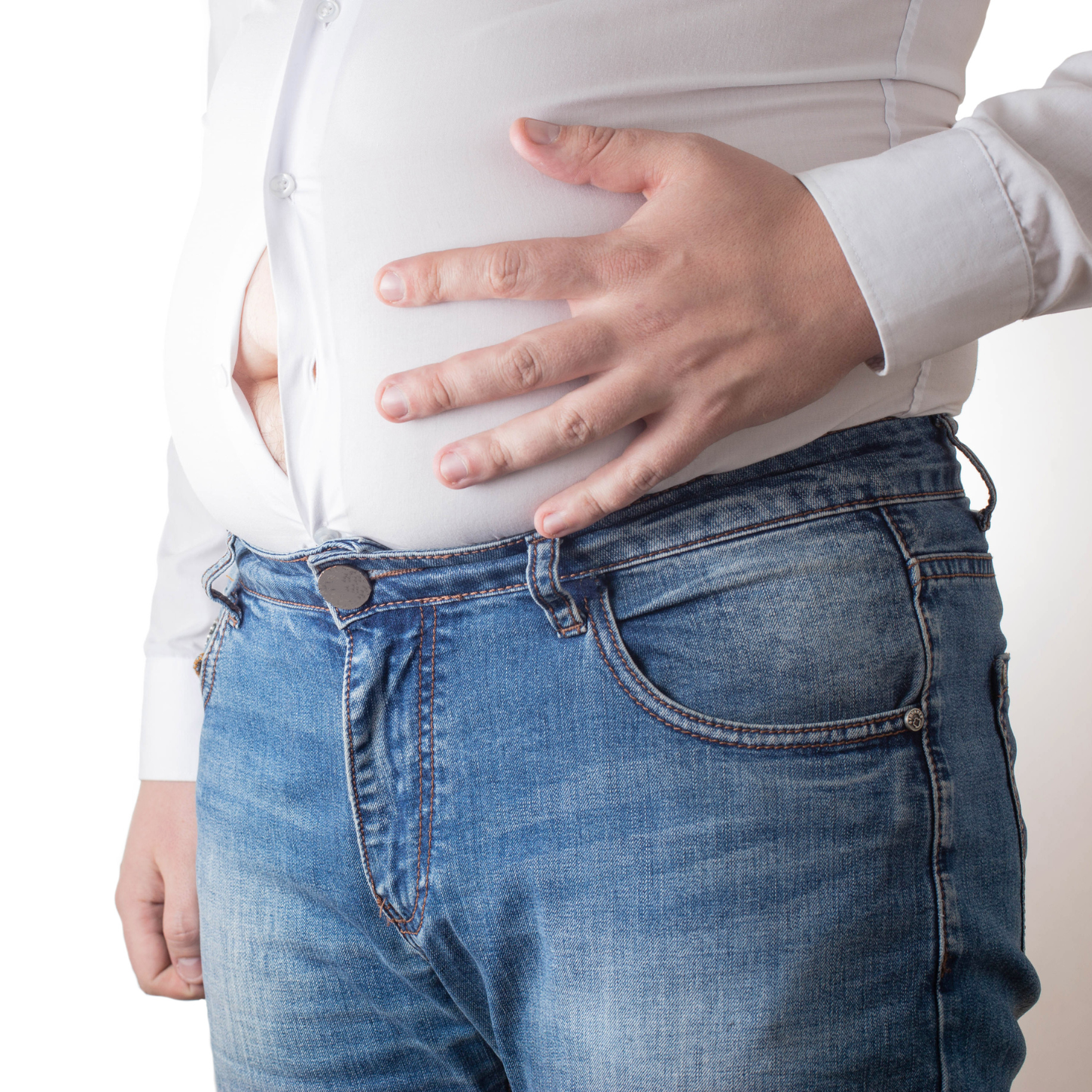I know what you’re thinking! Surely, this isn’t a blog about poop!
But trust us, there's more to this topic than meets the eye (or nose, for that matter). After all, everyone poops, but not everyone knows what their poop is trying to tell them.
Believe it or not, from the color and consistency to the frequency and smell, your bowel movements can reveal a lot about your overall health and well-being. Beyond simply being a sign of good digestion and gut health, changes in one's bowel habits may be indicative of underlying systemic issues such as excess stress, liver dysfunction and even cancer.
In this blog, we'll dive deep into the science behind your number twos, exploring the signs you can look for in your poop that tell you something is not quite right. We’ll talk about things like color, consistency, and how many times a day or week you should frequent the loo. Plus, we'll share tips and tricks for maintaining a healthy gut and keeping your bowels happy and healthy.
So, whether you're a concerned parent, a curious individual, or just someone who's always wondered why their poop looks the way it does, you've come to the right place.
Let's get ready to flush out the facts and have some fun along the way!
Table of Contents:
What is Poop?
Poo serves as the body's method for eliminating solid waste. Poop, which is also referred to as feces or fecal matter, represents the final stage of food's journey through the digestive system before it is expelled back into the environment. Your poop consists of water, protein, ash, polysaccharides, undigested fats, bacterial biomass, and undigested food (such as fiber).
Typically, poop is composed of around 75% water and 25% solid materials. It's even possible for your stools to contain microplastics, which can be ingested through the consumption of contaminated food.
Why is Pooping Important?
Of course, I could just tell you that pooping is important because it stops you from exploding like Willian the Conqueror did when his oversized corpse was rammed into a coffin, but let’s get a bit more scientific than that.
Researchers have found a link between constipation and oxidative stress. Regularly eliminating waste helps reduce oxidative stress in our bodies. Infrequent bowel movements heightens the risk of various chronic illnesses, such as cardiovascular diseases and potentially even certain types of cancer. Additionally, not pooping often enough can lead to discomfort.
Good digestive health depends on transit time. Transit time is how long it takes from the time you ingest your food to when it comes out the other end. There's a sweet spot for how quickly your food should move through your body, and either too fast or too slow can cause issues.
Fast transit times mean your body doesn't have time to absorb all the water and nutrients it needs, leading to dehydration and malnourishment.
But slow transit times can be just as harmful. As food takes longer to travel through your colon, it generates dangerous bacterial by-products. And when you're constipated, waste spends even more time in contact with your intestinal walls. This can lead to the formation of substances called fecal mutagens which can cause DNA mutations and even cancer. In fact, experts have been seeing a link between slow transit time and breast cancer for over forty years.
You can get an idea of your transit time by doing a stool transit time test. The ideal transit time is between 21 and 24 hours. Use corn kernels or beetroot (you’ll be able to see the corn in your stool and beetroot will make your stools purple) and time how long it takes from when you ingest it to when you notice it in your stools. If it’s more than 24 hours, you have slow transit time, and there is likely to be some level of constipation.
The Bristol Stool Chart: Types of Bowel Movements
Now, have you ever become alarmed when your poop doesn’t look the way you think it should (or the way it looked yesterday or last week)?
Noticing changes in your bowel habits may help you spot any underlying health concerns that require medical attention sooner rather than later.
The key is understanding what is considered normal when it comes to pooping, and this is where the Bristol Stool Chart comes in. The Bristol Stool Chart categorizes your poop into seven categories based on appearance. 
Types three and four are considered the holy grail of poops - smooth and shaped like a sausage. This is the ideal poop.
Types one and two are signs of constipation, which can stem from a variety of causes like medical conditions, food sensitivities, and medications.
Types five, six, and seven are varying degrees of diarrhea, which can arise due to infections, viruses, food allergies, and antibiotics.
Here's the thing - don't freak out if your poop isn't quite normal from time to time. It might not always be indicative of something serious. However, if you're experiencing atypical bowel movements that persist for more than a fortnight or are accompanied by other symptoms, it may be time to consult a healthcare professional.
There are two main categories to consider when it comes to your poop:
- Color
- Consistency
Color
Brown poop. Normal poop is typically brown in color and results from the breakdown of three different substances: heme (reddish), biliverdin (green), and bilirubin (yellow). When these three colors combine during the metabolism of hemoglobin, they create stercobilin, which is then excreted as waste.
Black poop. Stool that is unusually dark in color can be an indication of a digestive issue. While it could mean something as simple as taking iron supplements or charcoal, black stools may also signal the presence of gastrointestinal bleeding in your stomach or esophagus due to an ulcer or even cancer. Pay attention to this potential warning sign and seek medical help if you observe darker than usual stools for over 24 hours.
Red poop. Red stools may indicate digestive bleed. This may indicate the presence of colon cancer or other serious conditions such as irritable bowel diseases, fissures, or hemorrhoids.
White/Gray poop. These colors usually mean that there's not enough bile passing through your system, which could indicate a blockage in your bile duct. These obstructions might be caused by a gallstone or tumor in your pancreas.
Green poop. Green poop can be a sign of simply consuming a lot of spinach or other greens. However, it may indicate something more serious if accompanied by fever, abdominal pain, and infectious diarrhea. People who have had their gallbladders removed can also produce green poops, as can bacterial and viral infections.
Yellow poop. Yellow poop could be an indicator of undigested fat in your stool. It could be caused by various factors such as pancreatic disorders, cystic fibrosis, celiac disease, or bacterial or viral infections of the digestive system. If it occurs infrequently, there's no need to worry. However, if it persists, it's worth seeking medical attention.
Consistency
Rabbit-like poop. This is usually an indicator of a lack of fiber. Consuming fiber is essential for alleviating the risk of digestive issues due to its fermentation process within our colon. This helps create a healthier environment by producing the necessary glue and lubrication, which holds poop together as it passes through and keeps it from breaking into pieces.
Soft poop. Soft stool is often a sign of malabsorption, which can be caused by many common food sources such as fructose, sorbitol, lactose, gluten and other sensitivities. The best way to alleviate this issue is to identify the culprit and take it out of your diet.
Thin and windy poop. While it may be a simple indicator that you’re straining too hard, it can also be indicative of colon cancer. So, it’s best to consult a health practitioner if it’s frequently occurring.
Large, solid poop. Stools that are large, solid, and hard to excrete are usually due to a lack of dietary fiber and water. If accompanied by other digestive symptoms such as gas and bloating, it may also be a sign of food sensitivities.
Runny poop. Diarrhea is usually caused by a gastrointestinal infection, malabsorption, food sensitivities or from taking antibiotics.
How Much Should You Poop?
Don't be fooled by what's considered "normal" when it comes to your number twos. What's considered a "normal" frequency can vary wildly - anywhere from three times a day to three times a week!
We can still make generalizations to some extent, but it's important to focus on what's healthy for our individual bodies. Age and sex can also play a role in how often we go, with males typically having more bowel movements and females often experiencing harder stools.
Your diet also affects your bowel movements. Research shows that plant-based eaters and those who stick to a more traditional diet (such as Asians, sub-Saharan Africans, and Middle Easterners) tend to have more frequent and larger bowel movements compared to meat-eaters. Why? Because animal products have zero fiber and plants are chock-full of it.
Hippocrates, the father of western medicine, believed that ideal bowel movements should occur two to three times a day, a common occurrence in plant-based diets. But don't worry, you don’t need to dash to the bathroom after every meal. The act of chewing and the digestive process primes your body to eliminate waste at a healthy pace.
Simple Things You Can Do to Keep Your Bowel Habits Happy and Healthy
So, we've covered some ground on achieving optimal bowel habits, but just in case you're still scratching your head, here are a few easy tips to keep in mind:
1. Get plenty of fiber
Your body needs this one nutrient to stay healthy and toxin-free.
Fiber is not just good for staying regular, it's also essential for flushing toxins out of your system. Fiber uses a process known as osmosis to extract liquid containing toxins, which the body eliminates through feces.
But are you getting enough of it? Chances are the answer is no.
In fact, only 6% of Americans are eating what the FDA considers "adequate intake," and according to surveys, at least 16% of Americans experience chronic constipation!
The US FDA recommends a daily intake of 28 grams, and health authorities in the UK and India suggest going up to 30 grams. The Physicians Committee for Responsible Medicine (PCRM) advocates increasing your fiber intake even more and recommends consuming 40 grams daily for maximum benefits.
2. Keep hydrated
Fiber needs water to stay effective.
Drinking water causes soluble fiber to absorb it and form a gel-like substance that helps move waste into your intestines. On the contrary, insoluble fiber holds onto water from your gut which adds bulk and moisture to your waste, helping to keep things moving.
So, how much water should you be drinking for optimal poop production? Experts recommend at least eight full glasses a day, whether it's water, tea, or another healthy drink. Of course, if your diet is already loaded with hydrating foods like steamed veggies and fresh fruit, you may need less. But if you're eating lots of fiber or sweating up a storm, you may want to aim for a little more.
3. Diet is key
Your gut microbiome has a significant impact on the quality of your poop. A study conducted on healthy women in 2015 revealed a strong correlation between specific strains of bacteria in their microbiomes and optimal bowel movements.
To maintain a healthy microbiome, it's essential to watch what you eat. Aim to consume a diverse range of whole plant foods and fiber, while limiting the intake of processed and animal foods that can hinder your gut's health and assist in the creation of harmful compounds, such as TMAO (trimethylamine-N-oxide) in your gut.
There are also a number of natural laxatives, including flaxseeds and chia seeds, prunes, licorice, magnesium, and senna, which can help give your bowel an extra boost if needed.
Opt for organic produce whenever possible and avoid genetically-modified (GM) crops, to reduce chemical residue on your food. And don't forget to keep an eye out for any food allergies or intolerances, as they can trigger gastrointestinal symptoms that could negatively affect your bowel movements.
Beyond your diet, there are a few other recommendations to enhance your gut and stool health. Avoid taking antibiotics and NSAIDs (unless necessary), as they too, can potentially harm your gut microbiome.
4. Get regular exercise
Physical activity jumpstarts your digestive system and keeps things moving like a well-oiled machine. Plus, exercise pumps up blood flow to your gut, ensuring everything runs smoothly. But that's not all - regular physical activity also gives a leg up to your gut microbiome, working wonders for achieving on-time bowel movements.
On the flip side, a sedentary lifestyle could lead to constipation, as evidenced by a 2017 study featuring obese Egyptian women who saw a marked improvement in their condition through exercise and dietary modifications.
5. Train your bowels
Are you aware that it is possible to train your bowels to have consistent movements?In fact, training your bowels is essential for promoting healthier bowel motions and maintaining overall digestive health.
By responding to the urge to defecate as soon as it arises, you can prevent constipation and ensure that waste is eliminated efficiently from your body. Establishing a routine by attempting to have bowel movements at the same time every day can help regulate your digestive system and make it easier for your body to anticipate and prepare for bowel movements. Additionally, using a potty or a toilet stool can help position your body in a more natural squatting posture, which can facilitate smoother and more comfortable bowel movements.
6. Manage your stress
By practicing stress management techniques, you can minimize the negative impact that stress has on your body and overall well-being.
Did you know that there's a proven link between psychological distress and IBS? Yep, it's true.
Managing stress is especially important when you're on the go. You don't want to fall prey to "vacation constipation," which is a real phenomenon that can be caused by the stress of travel, changes in eating and sleeping habits, and disruptions to your usual routine.
Key Takeaways
The ideal bowel movement possesses several key characteristics that indicate a healthy digestive system. Firstly, it should be relatively effortless to pass, without causing discomfort or strain. Although there may be an odor, it should not be overwhelmingly foul-smelling. The stool itself should be solid and consistent in texture, resembling a sausage, and free of undigested food particles.
A medium or chocolate brown color is indicative of a healthy stool, which should sink to the bottom of the toilet bowl. The absence of blood or mucus in the stool is also crucial. Ideally, one should experience bowel movements one to three times per day, with each movement feeling complete and satisfying. Lastly, a healthy bowel transit time should range between 21 and 24 hours.
Recipe Spotlight: Chia Crispbread
These delicious chia seed crispbreads are a game-changer. Having healthy snacks on hand is crucial for achieving your health goals and not only are these crackers delicious, they’re also high in omega 3 fats and fiber. You can also customize them by adding spices to give them a flavor of your choice. Enjoy! 















What Do You Think? Comment Below: